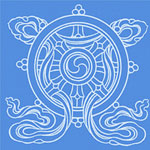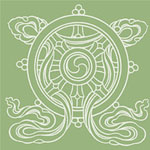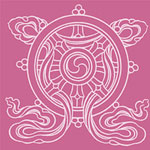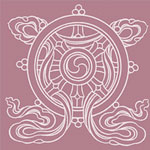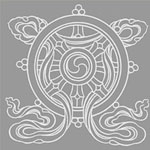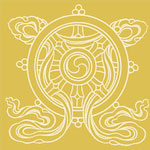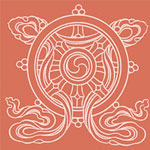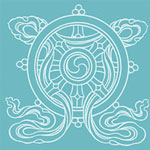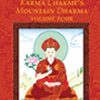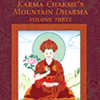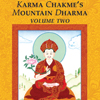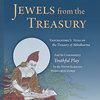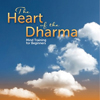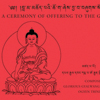Born to a family of tantric practitioners in Chida in northern Tibet, the Seventh Karmapa, Chodrak Gyatso, dedicated much of his life to retreat. He was also an extremely accomplished scholar, who authored many texts, such as a commentary on Abhisamayalamkara called The Lamp Of The Three Worlds. His most famous text is The Ocean Of Reasoning, his commentary on pramana (logic and reasoning) literature.
The Seventh Karmapa formally established monastic universities at Tsurphu and other places. He also ...
Continue Reading →
